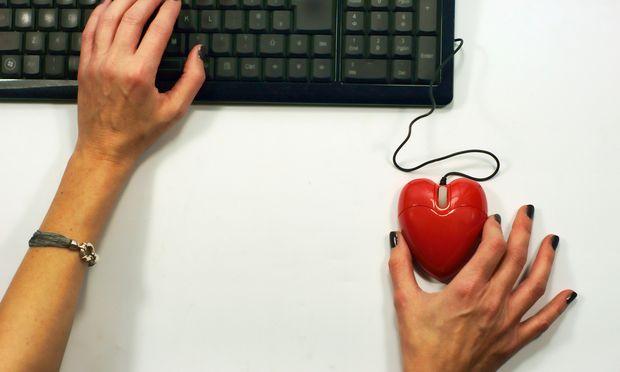A dating site that gives women more control
About 38 percent of American singles have used an online dating website or app.
A recent study from the Pew Research Center finds that 11 percent of adult Americans—and 38 percent of singles—have used an online dating website or app.
While plenty of American women find love and connections on traditional dating sites, many have been subjected to misogynistic comments, hostility and even threats.
Those anecdotal experiences mirror the results of a separate Pew study: That young women between the ages of 18-24 are far more likely to be stalked or sexually harassed online, compared with their male counterparts.
The Takeaway's "Being a Woman Online" series aims to examine the creative connections and communities women have forged online despite the sexism many find on the internet. Susie Lee, co-founder and CEO of Siren, aims to do just that.
Siren is a dating app now available in Seattle and Portland and will expand nationwide this year. The app operates with an asymmetrical model: Women and men do not have the same experience on the site.
While women are always able to control who gets to see their profile, men are not. While Siren is primarily used by straight men and women, Lee is also exploring ways to open up and change the app based on focus groups in the LGBTQ community.
Siren encourages conversation with a question of the day, a "water cooler" conversation where anyone can answer, and women can decide whether to make their profiles visible to specific people based on those answers.
Lee explains that she wanted a dating app that avoided the "shopping mentality" prevalent on other apps. "There's a complexity of individuals that we wanted to explore," she says, "But our culture currently isn't really an 'and' kind of culture — it's an 'or.'"
She continues: "So even when women are presented online, they're either this or that, and the same goes with men."
The other problem with current dating app models? According to Lee, it's algorithms.
"A lot of current models think that chemistry can be determined algorithmically," she says. "Answer 50 multiple choice questions and … some kind of computer program will be able to figure out what a perfect match is for you."
She adds: "Probably most of us have [had] that relationship that looks great on paper," she says, "which oftentimes is pretty disastrous in real life." The Siren model allows for more conversation, particularly through the question of the day feature.
Finally, Lee explores the double bind many women face in terms of mixing the personal and the professional. While online dating is "a potentially interesting way to meet people that are out of your social circle," Lee says, professional women have to navigate a particular balance.
Here's one example:
"If you are a female lawyer," Lee explains, "and your client sees you on this online space, suddenly you are faced with an awkward situation of somebody knowing something about you that's not really relevant to your professional dynamic and it still compromises the woman's identity, because she can't be easily a sexual person and a professional person."
This story was adapted from an interview on the PRI news show The Takeaway.
Join The Takeaway this Wednesday for an online Twitter chat on being a woman online. Get the details here.
RELATED: This member of Congress has a plan to curtail revenge porn
Our coverage reaches millions each week, but only a small fraction of listeners contribute to sustain our program. We still need 224 more people to donate $100 or $10/monthly to unlock our $67,000 match. Will you help us get there today?
